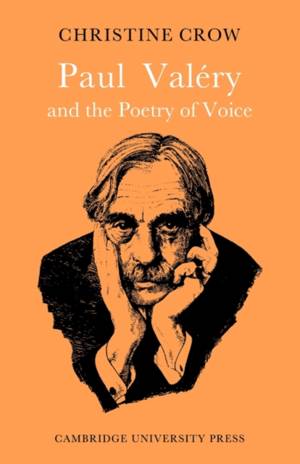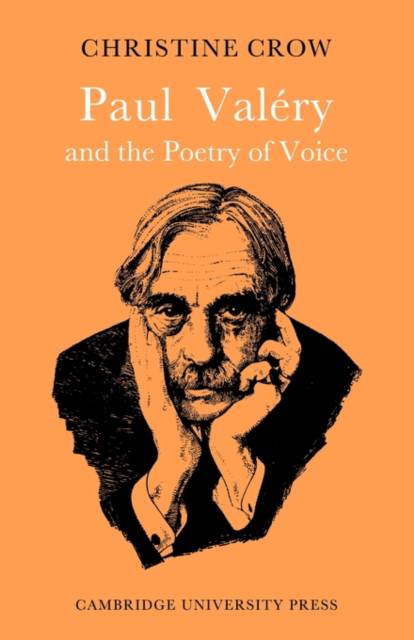
Je cadeautjes zeker op tijd in huis hebben voor de feestdagen? Kom langs in onze winkels en vind het perfecte geschenk!
- Afhalen na 1 uur in een winkel met voorraad
- Gratis thuislevering in België vanaf € 30
- Ruim aanbod met 7 miljoen producten
Je cadeautjes zeker op tijd in huis hebben voor de feestdagen? Kom langs in onze winkels en vind het perfecte geschenk!
- Afhalen na 1 uur in een winkel met voorraad
- Gratis thuislevering in België vanaf € 30
- Ruim aanbod met 7 miljoen producten
Zoeken
€ 64,95
+ 129 punten
Omschrijving
This is one of the first studies to treat Valéry's theory and practice of poetry together and is the first full-length study of his poetry in English. Discussion of his ideas on poetic composition leads to a detailed analysis of the principal poetry: the long term poem La Jeune Parque and all the poems in the main collection. While serving as a step-by-step introduction to Valéry's poetic achievement, the argument is not merely neutral; it elicits and comments on his little-known concept of 'Voice', now seen increasingly to be central. This is not simply the acoustic or musical effect of one poet's verse: it relates to the inner monologue we all hear within ourselves. By concentrating on Valéry's unusually thorough understanding of this area of exchange between willed and spontaneous modes of perception and creativity, the book is able to approach without jargon the much debated question of the subject - 'Who speaks in a poem?' It proposes some unexpected conclusions concerning Valéry's relationship to both Mallarméan Symbolism and contemporary Structuralist thought. This searching study will interest linguists, philosophers and psychologists, as well as students of literature and literary history.
Specificaties
Betrokkenen
- Auteur(s):
- Uitgeverij:
Inhoud
- Aantal bladzijden:
- 324
- Taal:
- Engels
- Reeks:
Eigenschappen
- Productcode (EAN):
- 9780521115827
- Verschijningsdatum:
- 23/07/2009
- Uitvoering:
- Paperback
- Formaat:
- Trade paperback (VS)
- Afmetingen:
- 140 mm x 216 mm
- Gewicht:
- 412 g

Alleen bij Standaard Boekhandel
+ 129 punten op je klantenkaart van Standaard Boekhandel
Beoordelingen
We publiceren alleen reviews die voldoen aan de voorwaarden voor reviews. Bekijk onze voorwaarden voor reviews.









